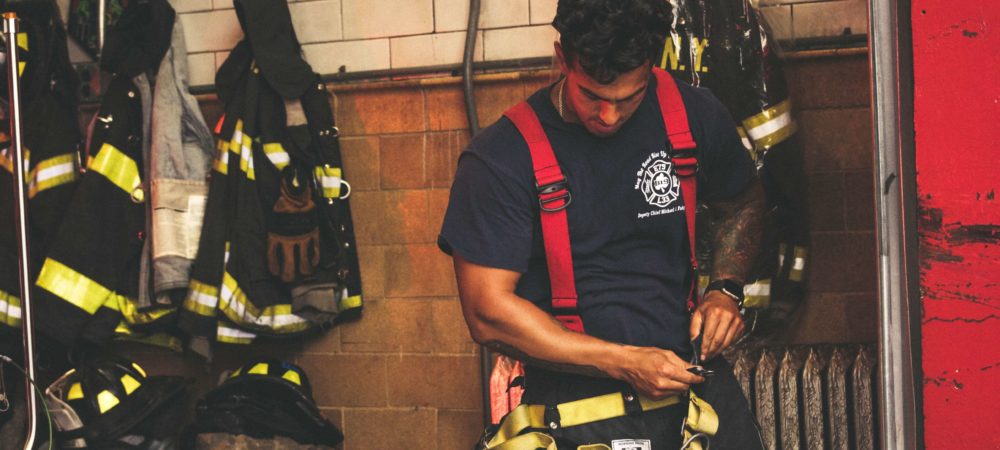


Emergency responders are usually the first to arrive at the scene of dangerous and chaotic situations providing medical aid to victims while helping secure the area. This career path can be rewarding for those who love to help others but can come with heavy psychological stressors that put first responders at a heightened risk of anxiety, depression, PTSD, and other related mental and physical health concerns, including addiction.
First responder positions include:
A recent survey shows that about 29% of firefighters misuse alcohol, and nearly 10% take prescription medications outside doctor’s orders. Other sources point to a problematic pattern of binge drinking among firefighters that can lead to addiction and impaired performance on the job. EMTs often struggle with depression at about 36%, 72% suffer from sleep deprivation, and 20% have PTSD from traumatic events on the job. Similarly, police officers, particularly in urban areas, exhibit 27% nearing “at-risk” alcohol misuse levels, while close to 40% reported alarming drinking habits.
First responders work in high-intensity environments, often pulling long shifts, sometimes 24 hours long. During the average workday, they will witness violence, death, destruction, grief, and situations that don’t have a happy ending despite their best efforts. These experiences can quickly cause a trauma response in the body, leading to sleep disturbances and intrusive thoughts. All of these factors can lead to lessened emotional regulation and increased levels of depression, even among the toughest of veterans on the job.
Mental health is a significant issue plaguing first responders, with alarming rates of suicidal ideation, depression, PTSD, and anxiety. Despite raised awareness, there is still a heavy stigma surrounding seeking psychiatric help among first responders, and potentially addiction issues are dealt with quietly or not at all so as not to tarnish public perception. Unfortunately, many of these workers feel discouraged from seeking help because it can cost them their jobs. Unsurprisingly, many seek out substance misuse to self-medicate and numb their most bothersome symptoms.
In addition to the mental and emotional toll of an emergency responder job, the positions are also physically demanding and can lead to life-altering injury. Many people in these careers will at one point be prescribed a potentially addictive medication for an ailment, sometimes opioid painkillers. Despite many first responders being well aware of the adverse effects of these drugs, they aren’t invulnerable to the possibility of addiction they may cause.
Middlesex Recovery is committed to helping the community’s most vulnerable members, including those who sacrifice their lives to keep people safe. First responders struggling with substance misuse can seek private and confidential outpatient addiction treatment in a professional medical environment. Although emergency workers are some of the bravest among their peers, they struggle too, and far too often in silence. To learn more about the drug and alcohol programs available at Middlesex Recovery, call or message a local office today.

If opioid addiction is impacting your life or the life of someone you care about, reach out to our treatment center. We are here to provide the support and care you need to take the first step toward recovery.
Call 781.303.9936